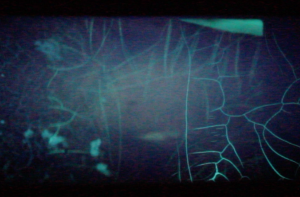Joyce Lainé, Lucie Leszez & Lichun Tseng. ‘3 Laboratories, 3 Experiences, Multiple Perspectives’
Thursday 16 November 2023, 5 pm
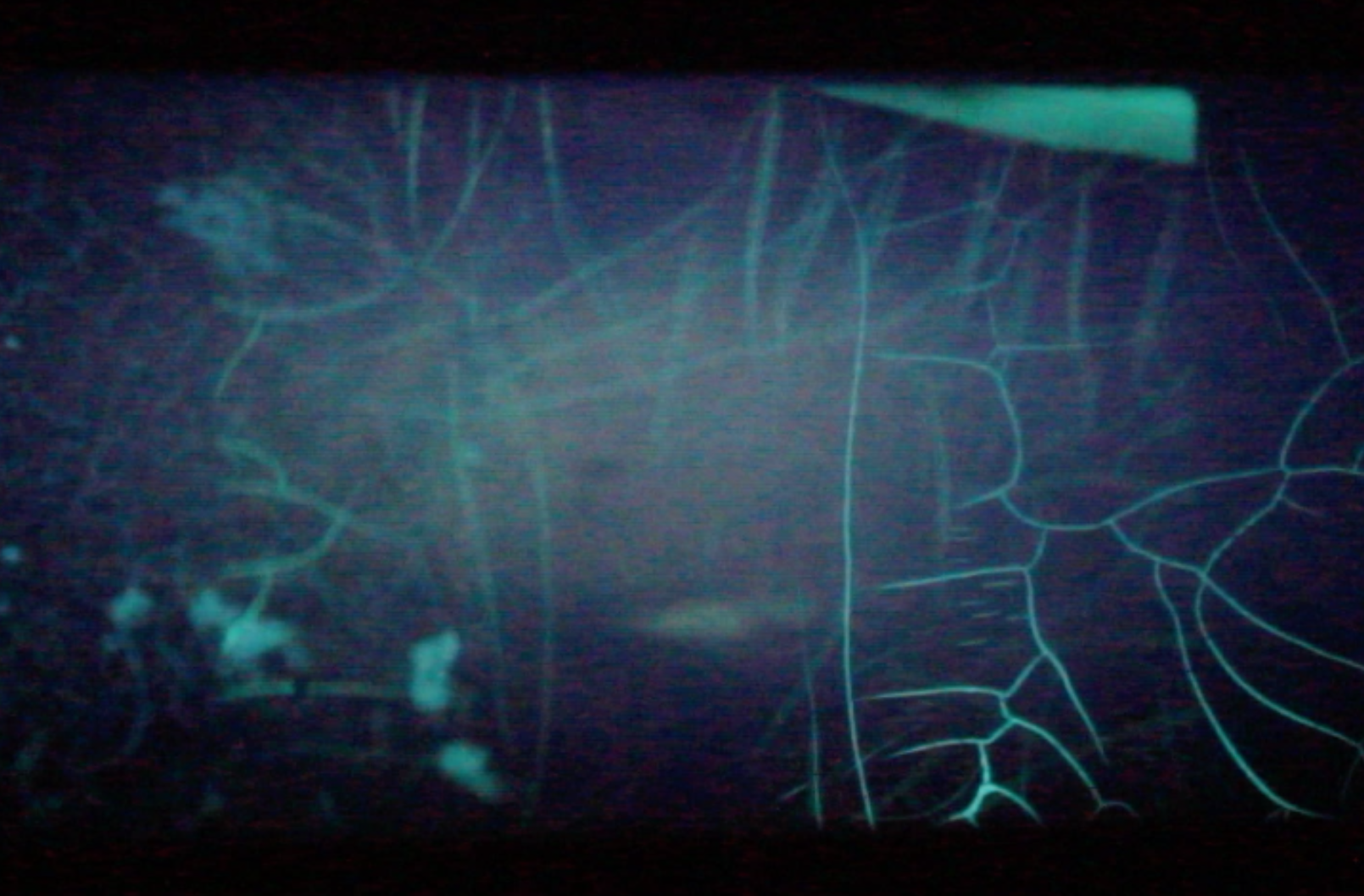
Three lookes that converge on a common axis, analog film. Three of the more than 60 self-managed laboratories in existence around the world have many experiences that go through the management of space, common pro and Community processes, the management of teamwork, the exchange of knowledge and information, in areas where the particular materiality of things is an indispensable element, and all this is illuminated by the various artistic and aesthetic expressions that spring to mind in these very special contexts. Lichun Tseng from the lab Filmwerkplaats of Rotterdam, Joyce Lainé from the lab Atelier MTK of Grenoble, Lucie Leszez from the lab L’abominable de Paris share their gaze with Glória Vilches, coordinator of Xcentric.
Lichun Tseng of the lab Filmwerkplaats of Rotterdam, WORM-managed film laboratory. A workspace dedicated to the practice of analogue bricolage, aimed at artists interested in cinema as an expressive and physical medium. Filmwerkplaats is part of a wider network of artists-managed laboratories in Europe and functions as a center for new experiments and discussions around filmmaking. Our screening program covers a wide range of themes, showing works by members and guest filmmakers throughout the year. We believe in promoting the full potential of the medium, and we always seek to explore the possibilities of cinema as a performing and touching material.
Joyce Lainé of the lab Atelier MTK of Grenoble. ATELIER MTK, founded in 1992 by a group of filmmakers, is a handmade film laboratory equipped to work with 16 mm film. Dedicated to artistic training and development in the context of analogue cinema, with special interest in author work and in the inclusion of all elements of the process (camera, printing, film disclosure, montage, sound, projection) as parts of the creative development of film pieces.
Lucie Leszez del lab L’abominable de Paris. L’Abominable is a cinematographic laboratory operated by artists located near Paris since 1996. It is one of the most equipped laboratories with the ability to cover all processes and formats in the context of analogue cinema. With a careful look at the self-management of space by lx artists, thus encouraging the creative process to be the main element and to be able to expand freely into space.
These proud gleams, these removable faces, these moving bodies become the elements of a research about vision and gaze, the protagonists of a nascent dialog, the traces of times and places that we still have to observe.


Related pages

Venues
CCCB. Centre de Cultura Contemporània de Barcelona
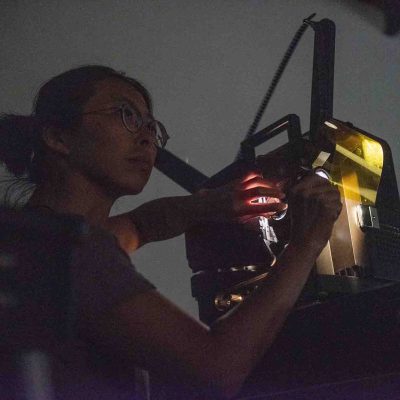
Professionals
Lichun Tseng
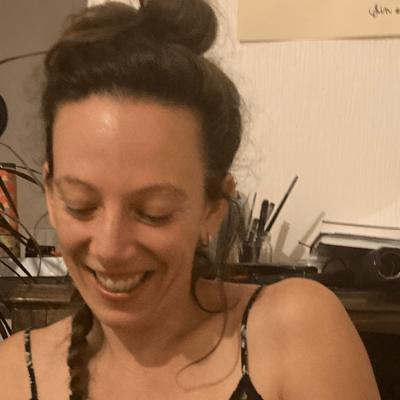
Professionals
Lucie Leszez

Professionals
Joyce Lainé

Professionals
Gloria Vilches
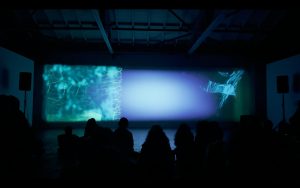
Expanded Cinema
Lichun Tseng & Robert Kroos. ‘Ebb and Flow’
